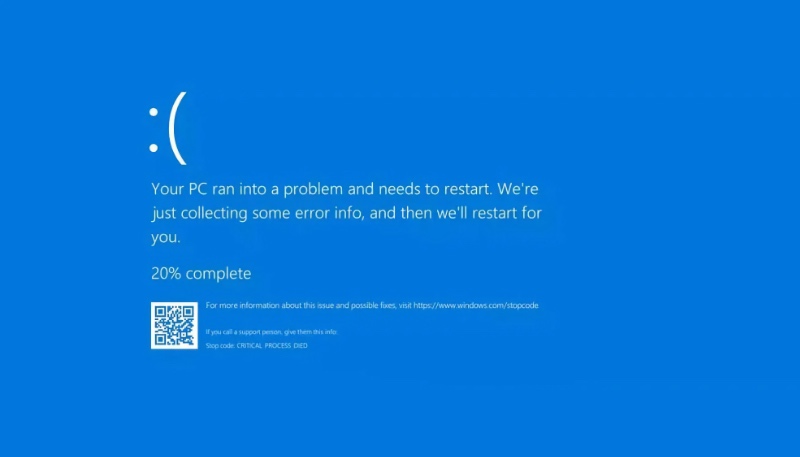A widespread system failure is hitting Windows computers around the world, causing critical boot failures across computers in several industries. The issue causes Windows computers to boot into a Blue Screen of Death (BSOD), forcing users into repeated recovery cycles.
The issue has been caused by an update to Crowdstrike Falcon antivirus software installed on Windows 10 PCs. The issue has not manifested itself on Mac and Linux machines running the software.
Crowdstrike, which specializes in endpoint security protection for corporate networks, has just released the following statement:
“Crowdstrike is actively working with customers impacted by a defect found in a single content update for Windows hosts.
“Mac and Linux hosts are not impacted. This is not a security incident or cyberattack.
“The issue has been identified, isolated and a fix has been deployed.
“We refer customers to the support portal for the latest updates and will continue to provide complete and continuous updates on our website.
“We further recommend organisations ensure they’re communicating with Crowdstrike representatives through official channels.
“Our team is fully mobilized to ensure the security and stability of Crowdstrike customers.”
Unfortunately for Windows users, the problem can’t be fixed by simply applying a patch. Users must first manually boot into safe mode, navigate to the CrowdStrike directory, and delete the system file that is causing the issue. This means it will likely be a while before all affected systems are back up and running.
For those who have a Windows machine that has been affected by the faulty update (which has now been rolled back), Crowdstrike has published the following steps that system administrators need to take to get the systems back up and running:
- Boot Windows into Safe Mode or the Windows Recovery Environment.
- Navigate to the C:\Windows\System32\drivers\CrowdStrike directory.
- Locate the file matching ‘C-00000291*.sys’, and delete it.
- Boot the host normally.
As pointed out by MacRumors, although the issue doesn’t affect Mac computers, there have been scattered reports of issues with contactless payments for some businesses, which could prevent Apple Pay transactions from being processed properly.


